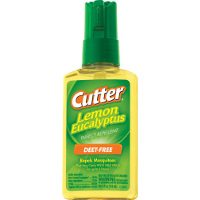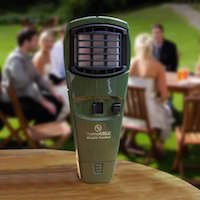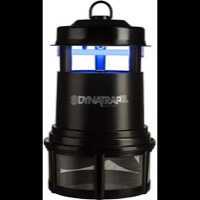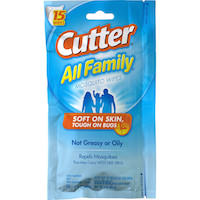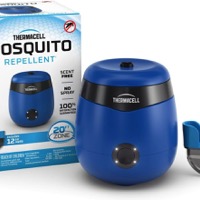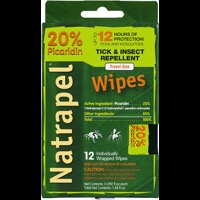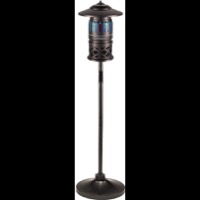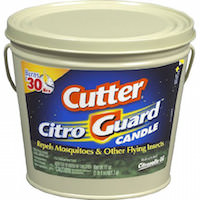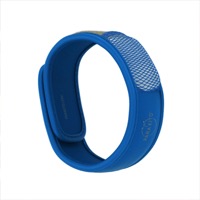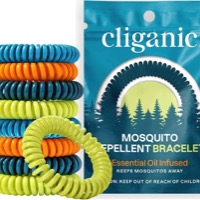What is DEET and What Does it Do?
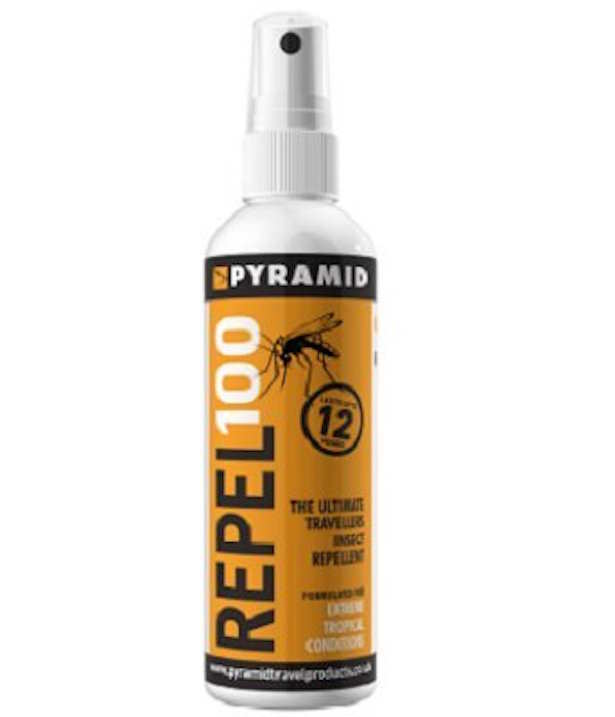
By Jess Simmonds, Expert Reviewer for Repellent Guide
published: Feb 05, 2018 | updated: Feb 08, 2018
DEET is the number one chemical compound commonly used to repel a wide variety of biting insects and has been used for over 50 years as a mosquito repellent. Considered to be extremely effective as a repellent, DEET has been linked to several significant issues and has been the center of some debate, mild controversy and investigations in recent years. Because of this, many new repellent products are coming into the market that use chemical compounds touted to be as effective as DEET, however many of these are only equally as effective for certain species of insects.
DEET is one of the only chemicals known to effectively repel virtually every type of mosquito aswell as many other biting insects. This is very important because many biting insects carry diseases such as Lyme Disease and Malaria, which can be extremely debilitating or even fatal in humans. The Center for Disease Control recommends DEET and DEET-based repellent products for effective insect control, however there are a number of very specific guidelines about the use of DEET on children.
DEET can be used alone or as the active ingredient in other repellent products. Without the presences of other chemicals, DEET is only effective to a certain degree, as it tends to slide off the skin easily with even light rubbing. It may work better when mixed with chemicals that are designed to adhere to the skin. DEET was developed by the US Department of Agriculture and was initially indeed for use by US military personnel, it has been used by the general public as a mosquito repellent for over 50 years.
How does DEET work?
DEET was initially thought to block some mosquito sensory receptors responsible for sensing compounds in human sweat and breath. Further studies showed that DEET actually acts as an active repellent - repelling mosquitoes who dislike the smell of the compound.
As you might expect the higher the concentration of DEET the longer it's effectiveness lasts. 100% concentrations can repel mosquitoes for up to 12 hours. Concentrations of around 20% to 30% will give 3 to 6 hours protection. The recommended concentration of DEET is 30% to 50% which should give at least 6 hours of protection.
Be aware that there are reports of DEET becoming less repellent to mosquitoes after the first exposure.
Using DEET on kids
For kids it is recommended to only use DEET concentrations of between 10% and 30%, and don't use DEET at all on infants under 6 months old. Children older than 6 months and under 2 years old should only receive one application of DEET per day and even then it should only be 10% in concentration. For 2 to 12 year olds concentrations of 10% should be applied at most 3 times per day.
Is DEET safe?
Potential side effects of DEET include impaired ability to think, mood changes and insomnia. Seizures have also been blamed on the use of DEET. Should you notice an side effects, cease using DEET immediately and wash off the skin before consulting your doctor.
Never use DEET on broken skin to minimise the risk of absorbing the chemical. When protection is no longer required wash off the excess repellent from the skin.
The chemical name for DEET is N, N-diethyl-m toluamide. Makers of DEET insist on its safety as long as it is used properly and according to safety regulations. When used improperly, DEET has been linked to several types of neurological issues, heart problems and other serious health-related issues. Prolonged exposure, use on children under a certain age and on those who may have a preexisting health condition can contribute to the negative side-effects of using DEET. It is important to be aware of the risks associated with this product as well as how to use it properly.
It may be more important to prevent insect-borne diseases with DEET than to risk the potential for negative side-effects, however always be sure to know how to use DEET and products that contain DEET. If you are travelling to a tropical area where malaria and dengue fever are prevalent then the risks of not using DEET likely out weigh the risks of using it. Remember both malaria and dengue fever can be very serious and even fatal.

